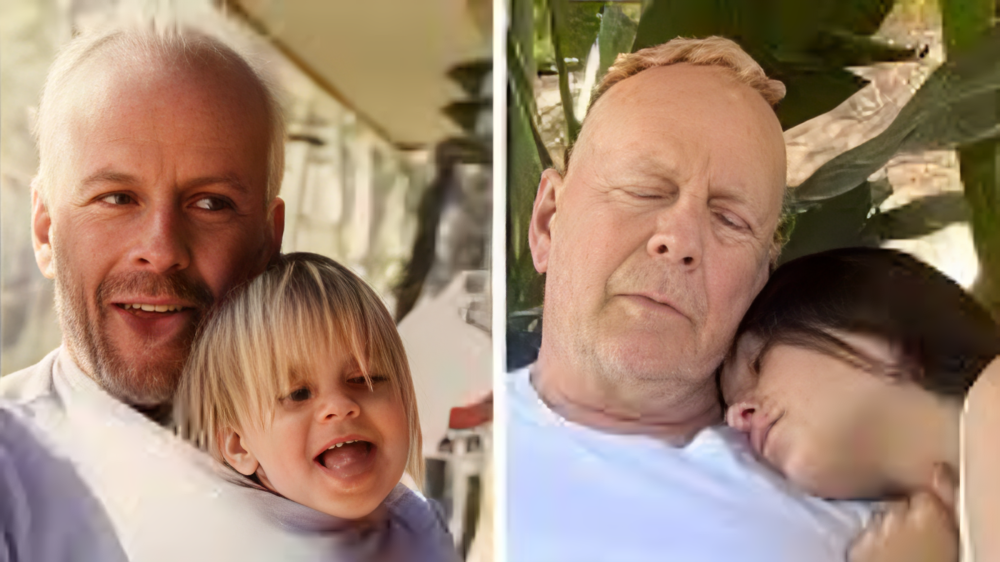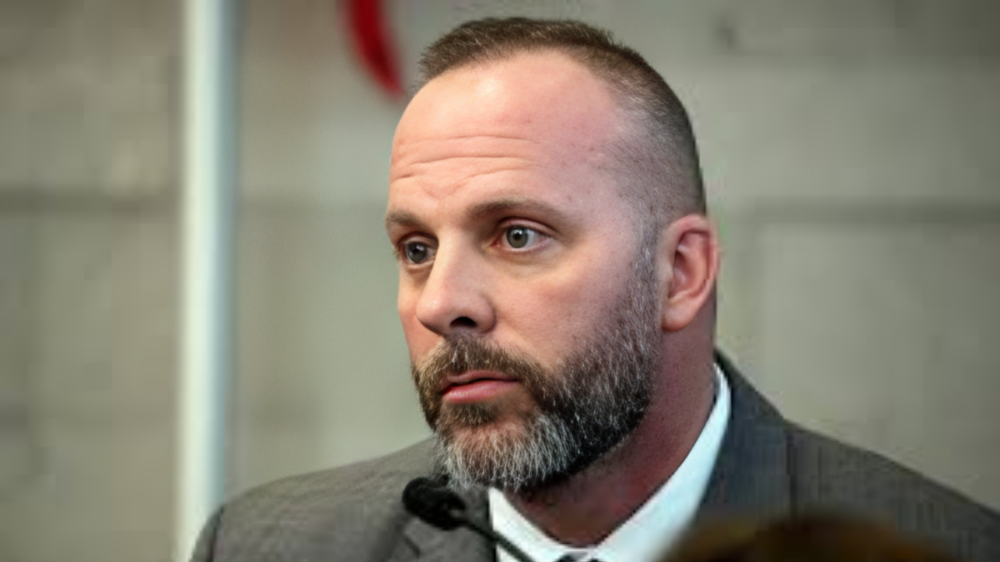Bruce Willis, the legendary Hollywood actor known for his roles in Die Hard, The Sixth Sense, and Pulp Fiction, has been a fan favorite for decades. However, recent news about Bruce Willis health has sparked concern among his admirers worldwide. Diagnosed with frontotemporal dementia (FTD) in 2023, the actor’s health condition has led to widespread discussions about neurodegenerative diseases, their symptoms, and their impact on individuals and families.
Bruce Willis Health Update: What We Know So Far
The Initial Diagnosis
Bruce Willis’ health issues first came to public attention in March 2022 when his family announced that he had been diagnosed with aphasia. Aphasia is a language disorder that affects a person’s ability to communicate, often caused by brain damage or neurological diseases.
As his condition progressed, further medical evaluations led to the confirmation of frontotemporal dementia in February 2023. FTD is a rare and progressive brain disorder that primarily affects behavior, language, and cognitive functions.
What is Frontotemporal Dementia (FTD)?
Frontotemporal dementia is a group of brain disorders caused by damage to neurons in the frontal and temporal lobes. Unlike Alzheimer’s disease, which primarily affects memory, FTD impacts behavior, personality, and language skills.
Symptoms of FTD:
- Changes in personality and behavior
- Difficulty speaking or understanding language
- Emotional withdrawal
- Lack of empathy or awareness
- Repetitive or compulsive behaviors
Currently, there is no cure for FTD, but treatment focuses on managing symptoms and improving the quality of life.
How Bruce Willis and His Family Are Coping
Family Support System
Bruce Willis’ family has been incredibly supportive during his health journey. His wife, Emma Heming Willis, along with his ex-wife, Demi Moore, and their children, have played a crucial role in ensuring that he receives the best care and emotional support.
In a heartfelt statement, his family emphasized their commitment to raising awareness about FTD and advocating for more research into treatments and possible cures.
Lifestyle Adjustments
With his condition progressing, Bruce Willis has stepped away from the public eye and acting. His family has made significant adjustments to accommodate his health needs, including:
- Creating a calm and structured environment
- Engaging him in cognitive exercises
- Ensuring proper medical care and therapy
Impact of Bruce Willis’ Diagnosis on Hollywood
Bruce Willis’ diagnosis has had a significant impact on Hollywood and his fans. Many fellow actors and industry professionals have expressed their support and admiration for his work over the years. His condition has also led to increased awareness about FTD and neurodegenerative diseases.
Raising Awareness About Frontotemporal Dementia
The Importance of Early Detection
Early diagnosis of FTD can help families prepare for future challenges and explore treatment options. Some key diagnostic tools include:
- Neurological examinations
- MRI and PET scans
- Genetic testing
- Speech and cognitive assessments
Research and Future Treatments
While there is no cure for FTD, researchers are actively studying potential treatments, including:
- Drug trials targeting brain proteins
- Behavioral therapies
- Speech and language interventions
Organizations such as The Association for Frontotemporal Degeneration (AFTD) are dedicated to funding research and providing support for affected families.
FAQs About Bruce Willis Health
Q: What is Bruce Willis’ current health condition?
Bruce Willis has been diagnosed with frontotemporal dementia, a progressive brain disorder that affects language and behavior.
Q: When was Bruce Willis diagnosed with FTD?
His family confirmed his FTD diagnosis in February 2023, following an initial diagnosis of aphasia in 2022.
Q: Is there a cure for frontotemporal dementia?
Currently, there is no cure for FTD, but treatments focus on managing symptoms and improving quality of life.
Q: How is Bruce Willis’ family supporting him?
His wife, children, and ex-wife Demi Moore are providing emotional and medical support, advocating for FTD awareness, and ensuring he receives the best care.
Q: What are the early signs of frontotemporal dementia?
Early signs include personality changes, difficulty with speech and comprehension, lack of empathy, and compulsive behaviors.
Conclusion
Bruce Willis’ health battle with frontotemporal dementia has been a challenging journey for both him and his family. As fans continue to show their love and support, his story sheds light on the importance of raising awareness about neurological disorders. While there is no cure yet, advancements in medical research provide hope for the future.




